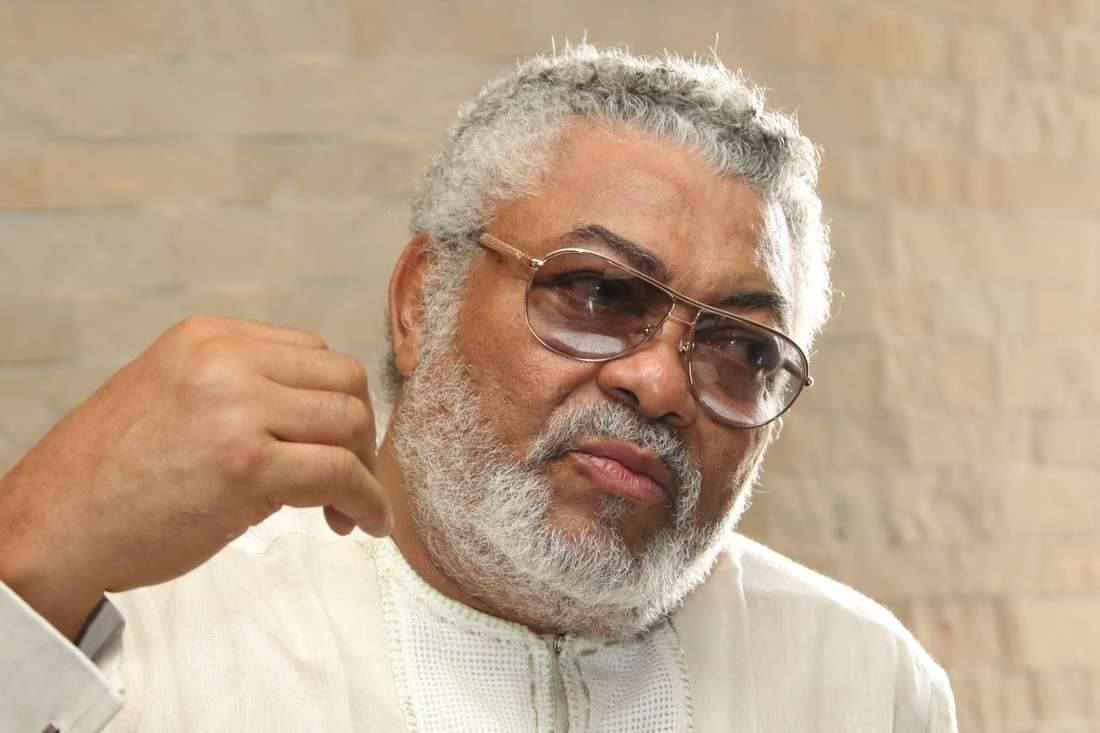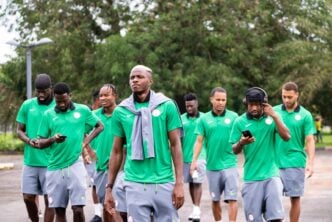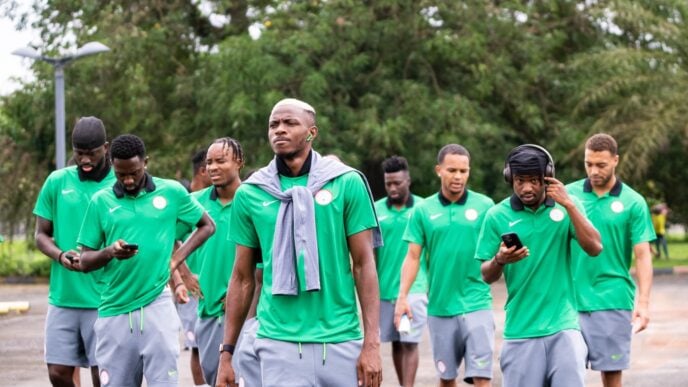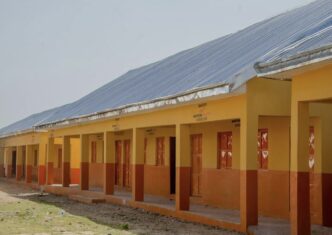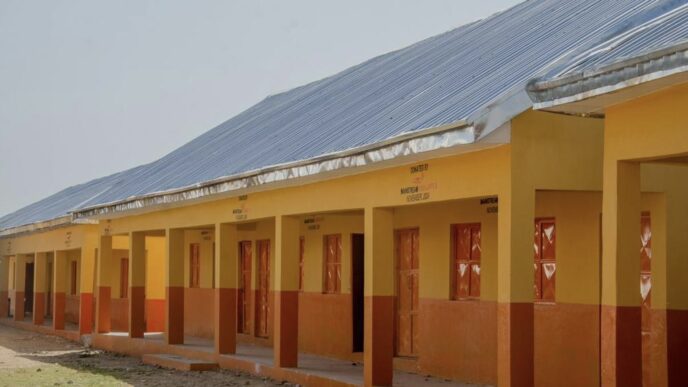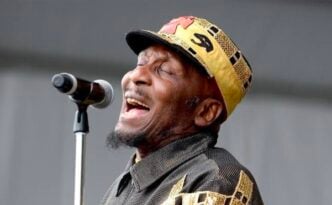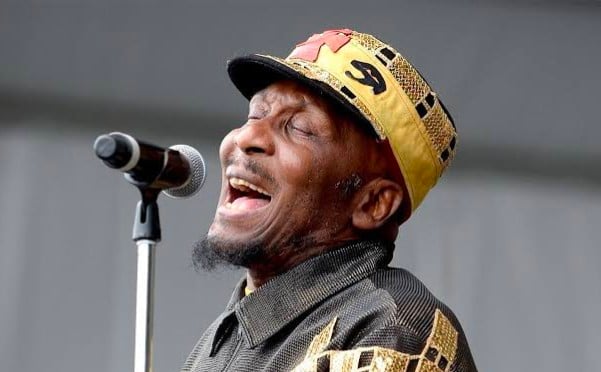BY NNAA KALU NTO
This November marks another anniversary of the passing of one of Africa’s most charismatic leaders: Flight Lieutenant Jerry John Rawlings. Each year, as Ghanaians and Africans reflect on his memory, I am reminded not only of the fierce patriot who shook Ghana out of economic paralysis but also of the visionary who left behind a country more stable, confident, and self-aware than he met it.
My first visit to Ghana in 2011 revealed a country of warmth, order, and quiet progress. From the well-maintained streets of Accra to the friendly market women who sold with fairness and laughter, there was a visible sense of discipline and civic pride. I recall a conversation I once had with a pragya (tricycle) driver in Kumasi about tribalism in Ghana. At one point, he said to me, “Sir, under Rawlings, people learned that Ghana belongs to all of us.” His words struck a deep chord and have remained with me ever since. It was in those simple gestures, the respect for traffic lights, the cleanliness of the streets, and the people’s calm resilience, that one could still feel the lingering spirit of Rawlings’ era.
Growing up in Jos, Nigeria, my family had a close friend who served in the Nigerian Air Force and was an instructor at the Air Force Military School in Jos. He was a Flight Lieutenant at the time, the same rank as Jerry Rawlings. His sharpness, discipline, and agility often made me determined to join the military because I presumed Jerry Rawlings carried himself in the same manner: alert, decisive, and always in command. My father, a military veteran of the Nigerian Civil War, was a great fan of Jerry Rawlings, and perhaps consciously or inadvertently, this rubbed off on me. As I grew, I later came to learn that Rawlings indeed embodied those very traits I saw in our family friend and even more – the steady eyes of a soldier, the restless spirit of a reformer, and the moral strength of a patriot who refused to be broken by the rot around him.
Advertisement
From Rebel to Rebuilder
Jerry John Rawlings was born on June 22, 1947, to a Scottish father and a Ghanaian mother. As a young air force officer, he watched with pain as corruption hollowed out Ghana’s soul after independence. In 1979, driven by frustration at the military elite’s greed and neglect of the masses, Rawlings led a coup, declaring that “I am not an expert in economics or law, but I am an expert in working on empty stomachs while wondering when and where the next meal will come from.”
He ruled briefly, handed power to civilians, and then returned again in 1981 to stay for nearly two decades; first as military leader, later as elected president under the National Democratic Congress (NDC). Many historians mark this period as the most transformative in Ghana’s postcolonial history.
Advertisement
Rawlings inherited a broken nation: inflation exceeded 100%, the currency was nearly worthless, and public trust had collapsed. But unlike many military rulers of his time, he did not enrich himself. Instead, he rolled up his sleeves and worked to rebuild Ghana’s foundations.
The Ethic of Discipline and Accountability
Rawlings’ early rule was defined by an uncompromising fight against corruption. His belief was simple: leadership must begin with moral example. “If we are to build a nation,” he once said, “we must start by cleansing our own conscience.”
He introduced what came to be known as house-cleaning exercises, a series of anti-corruption purges that, though controversial, sent a strong message that impunity would not be tolerated. In a society once held hostage by greed, he made honesty a badge of honour again.
Advertisement
A Ghanaian proverb says, “A crooked stick cannot draw a straight line.” Rawlings understood this well. He believed that the character of leadership determined the character of a nation. His personal simplicity, often seen wearing a batakari, driving himself or mingling with ordinary Ghanaians, symbolised his belief that power was a trust, not a privilege.
Economic Reform and the Return to Democracy
Perhaps Rawlings’ greatest legacy lies in how he navigated Ghana’s transition from economic collapse to stability. Guided by the Economic Recovery Programme in the 1980s, his government embraced pragmatic reforms: restructuring state enterprises, boosting exports, and re-engaging with international financial institutions.
Critics often cite the austerity of those years, but even they admit that Rawlings’ discipline and transparency restored investor confidence. By the early 1990s, Ghana was again on its feet, its economy growing, its streets safer, and its institutions stronger.
Advertisement
He could have remained a dictator, as many of his contemporaries did. Instead, Rawlings surprised the world by returning Ghana to multi-party democracy in 1992, contesting and winning two elections before peacefully handing over power in 2001. That peaceful transition remains one of the cornerstones of Ghana’s democratic stability today.
I have often admired Ghana for its institutional maturity and calm political culture, qualities that grew from the Rawlings era. Ghana may not be perfect, but compared to many of its neighbours, it remains a beacon of democratic resilience.
Advertisement
The People’s President
Rawlings was not just respected; he was loved, sometimes even feared, but always understood. To the market woman, he was the man who restored fairness. To the soldier, he was the commander who led by example. To the poor, he was their voice. He once declared, “The most dangerous mistake any leader can make is to underestimate the intelligence of the people.”
Advertisement
He built not merely roads and reforms, but a new social consciousness. He reminded Ghanaians that dignity and patriotism were not abstract ideals; they were daily practices. Even today, one can sense his imprint in Ghana’s political dialogue: fiery but civil, passionate but purposeful.
As is said in Ghana, “The good deed of yesterday is the fertiliser of tomorrow’s harvest.” Rawlings’ good deeds fertilised Ghana’s democracy. He taught a generation that leadership must serve, not rule; that power, when untempered by conscience, corrupts the nation’s soul.
Advertisement
Legacy Beyond Borders
Rawlings’ influence extended beyond Ghana. He championed Pan-Africanism, calling for African leaders to rise above colonial mentalities. He urged nations to invest in human capacity, rural development, and moral renewal. Even in his later years, his voice carried weight in African affairs.
In Nigeria, his leadership served as a lesson on accountability and national pride. Many West Africans who visited Ghana saw in its calmness and civic order the fruits of deliberate governance. His example remains proof that firm leadership, when guided by integrity, can rescue a nation from the brink.
A Leader, Not a Saint
Rawlings was not without flaws. His early rule was marked by excesses, and some lives were lost in his zeal to purge corruption. Yet even his critics concede that his intentions were not selfish. He was a leader who evolved, who learned that true revolution must give way to reform. His courage to change course, to embrace democracy, and to relinquish power voluntarily stands as a rare testament in Africa’s political history.
Remembering the Flame
On November 12, 2020, Jerry Rawlings took his final bow. But his flame endures, in the civic culture of Ghanaians, in their stable institutions, and in the quiet pride that defines their national spirit.
When I think of him, I recall a deep African proverb: “The one who plants a tree knowing he will not sit in its shade has understood the meaning of life.” Rawlings planted trees of discipline, patriotism, and accountability whose shade future generations now enjoy.
In remembering him, we are reminded that leadership is not about perfection, but purpose; not about power, but people. Rawlings may have worn a uniform, but beneath it beat the heart of a true democrat.
As Africa continues its search for leaders with courage and conscience, the example of Jerry John Rawlings remains a moral compass, a reminder that nations rise not by slogans, but by integrity, sacrifice, and the will to serve.
Nnaa Kalu Nto is a Nigerian writer and a good governance advocate based in Abuja, Nigeria. He can be reached via [email protected]
Views expressed by contributors are strictly personal and not of TheCable.
